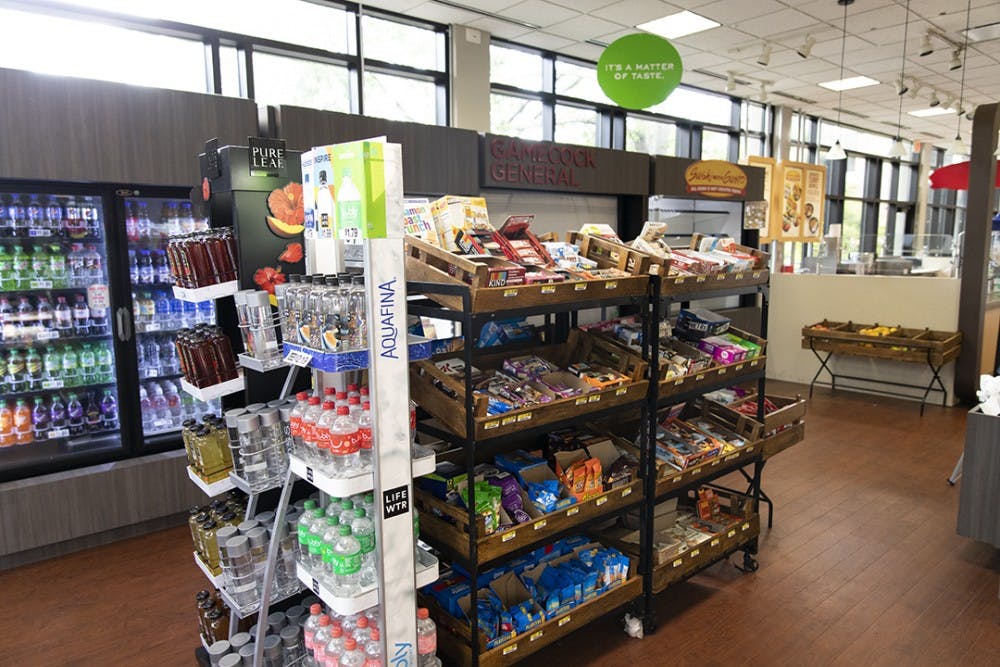Though college is often quoted as the time where one lives exclusively off coffee and ramen noodles, Carolina’s meal swipe options allow students to approach eating in a healthier way. The variety of meals and snacks provided enable students to be fueled in a healthy way as they go about their day. Their newest initiative includes removing cash equivalency meal swipes from convenience store locations “to promote a healthier Carolina.” This change is to prevent students from using their meal swipe allowances on snack foods, hoping to encourage students to eat more holistic meals.
Upon first glance, this policy might make sense. Gone are the days when a bag of Doritos and a can of coke constitute a meal. However, making healthy food choices is something that a student must learn for him or herself. Healthy eating can be promoted by offering nutritious food at the dining halls, not by restricting how a student uses the meal plan that they paid for.
Many students end the week with a surplus of meal swipes and use the remainder to stock up on snacks. This policy can keep students from using their extra meal swipes in a healthy way. An extra meal swipe could once be used to purchase a protein bar and a smoothie; now, it must be used on an actual meal — regardless of whether or not a student has already had their three square meals of the day.
This new policy will force students with extra meal swipes to either overeat and have an extra meal or waste the money they spent on their meal plan. If the meal plan remained the same, students could instead spend those extra swipes on healthy snacks such as yogurt, carrot sticks and Naked smoothies. The convenience store locations provide an array of healthy options to choose from, so they do not inhibit the commitment to making this school a “Healthy Carolina.”
Many students bought and committed to a meal plan that included access to convenience store locations before the policy change in August. Waiting until most students had invested in meal plans to change the policy is at best unfair and at worst misleading. Meal plans aren’t cheap, so students should be allowed to use them as they see fit.
The university should allow students the freedom to make their own health-conscious choices, while encouraging them to eat and snack in a mindful way. These restrictions will point students in the opposite direction, encouraging late-night quesadillas from Twisted Taco instead of one of the healthier snacks offered in the university convenience stores.
A healthy Carolina is more than cleverly disguised budget cuts. A healthy Carolina is one where students use meal swipes for snacks without sacrificing their nutrition and eat in proportion to their needs, not their meal plan.

